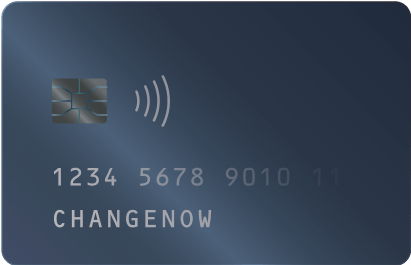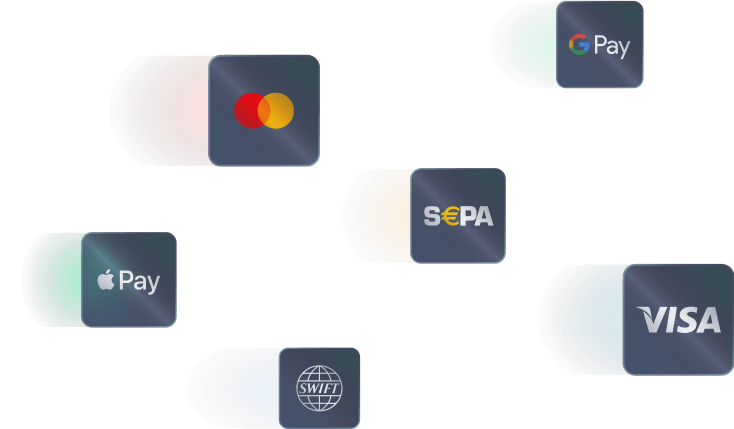
Buy CELO with Credit Card or Debit Card Instantly
Do you want to buy CELO instantly using your credit or debit card? You have arrived at the right place.








And more accepted here
Celo (CELO) Price Chart
Market stats
Price of CELO in USD
Celo currently trades at roughly 0.28 and has -1.34% over the past seven days. There are currently about 282201911 Celo tokens in circulation.
- Today’s Price$ 0.28
- Change
-3.62%
- 24h High$ 0.29
- 24h Low$ 0.28
Why Buy Celo (CELO)?
Buying Celo on ChangeNOW is your gateway to the future of finance. Whether you're new to digital assets or experienced, CELO offers various benefits for your digital portfolio.
Diversification
Adding Celo to your portfolio is a great way to expand your holdings across different types of assets.
Decentralization
CELO operates without central control, following the global trend of moving towards DeFi for greater transparency and independence.
Wide Acceptance
Celo is accepted in more and more countries and markets. Why not become part of this growing trend?
Growth Potential
You never know which coin will go to the moon and when. Being ready for any turn is a smart decision.
How to Buy CELO with a Credit or Debit Card
Learn moreСhoose Buy/Sell Crypto
Choose the fiat currency and enter the amount.
Enter Your Details
Select Celo and enter your credit or debit card details.
Complete the Purchase
Preview your transaction details and confirm the purchase.
Why Buy Celo on ChangeNOW

Flexible KYC system
Our platform requires minimal personal information, allowing you to engage in cryptocurrency exchanges with ease, efficiency, and an emphasis on privacy. Some of the transactions don’t require any KYC at all.

Top Security
ChangeNOW ensures a high level of security for all exchanges and data by using advanced encryption and multiple layers of security measures.

Fast Purchase
Benefit from rapid transaction processing on our advanced platform, enabling swift settlements and the acquisition of CELO tokens in as little as 4 minutes. Prioritizing efficiency, user satisfaction, and unparalleled speed in digital asset exchanges.

Multiple Gateways
Experience seamless purchasing Celo, choosing a variety of secure payment gateways, accepting popular debit and credit cards, and the added convenience of SWIFT/SEPA bank transfers.

Low Transaction Fees
Experience the advantage of our user-friendly buy CELO platform, offering affordable transaction fees, diverse trading options, and a secure environment, all designed to optimize your digital asset investments.

Easy to Use
Discover seamless trading with ChangeNOW's intuitive interface, expertly designed for effortless navigation and user-friendly experience, empowering both new and seasoned investors to manage their crypto with ease. Buy Celo in just a few clicks.
Price calculator
Before swapping coins, feel free to use our USD to CELO calculator to see how many CELO you’ll receive. Simply enter the required amount in USD, and let our USD to CELO converter determine the approximate exchange rate.
What Can You Do After You Buy CELO?
There are many things you can do after buying CELO. They include:
Lending
Swap
Hold
Payment
Buy CELO Instantly with ChangeNOW
ChangeNOW allows you to buy CELO instantly using your credit/debit card or another token.
Buy CELOOther Cryptocurrencies to Buy on ChangeNOW
CELO is not the only token you can purchase on ChangeNOW. Others include BTC, USDT, XRP, ADA, USDC, etc.
Latest Celo news





















